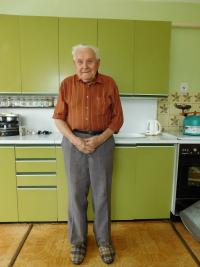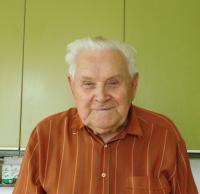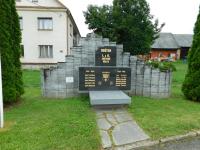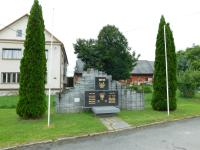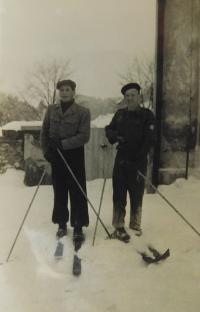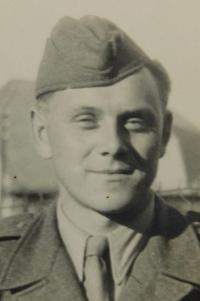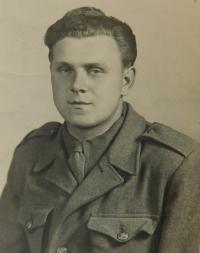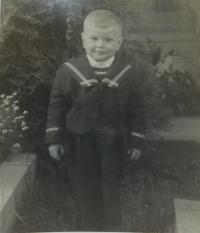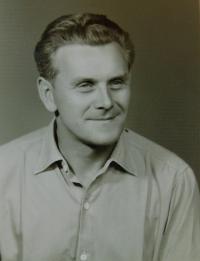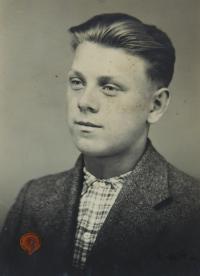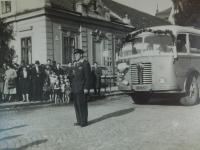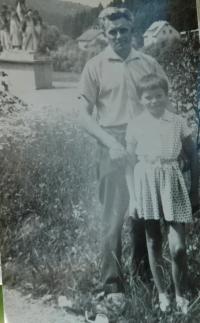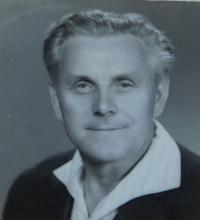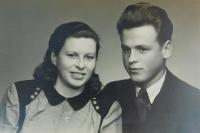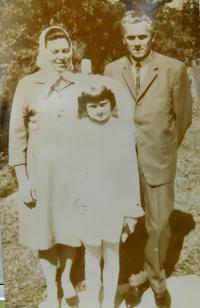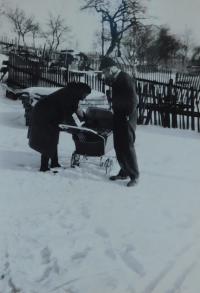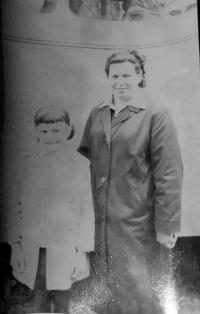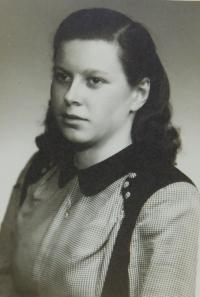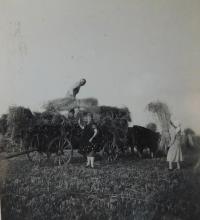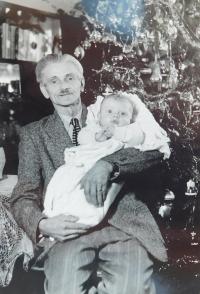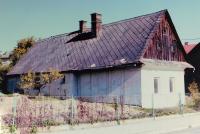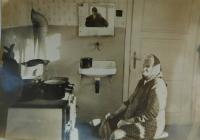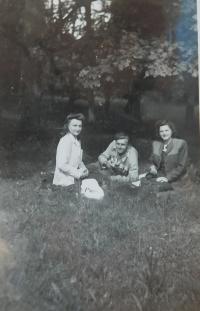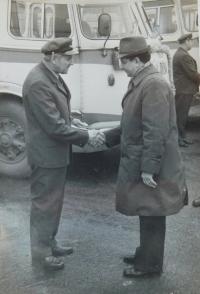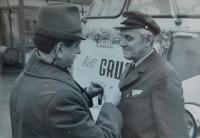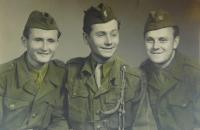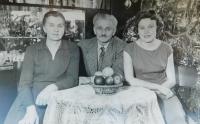“When he returned from Nazi imprisonment, my father looked so terrible that I was afraid of him.”

Download image
Alois Grůz was born on the 21st of November, 1926 in Zborov in the northern part of the Drozdov Hills. During World War II, twelve - and later seven more - local citizens were arrested for listening to foreign broadcasts, including the witness’s father, who then spent three and a half years in Nazi prisons. The family farm was confiscated and seized by the German Settlement Company (Deutsche Ansiedlungsgesellschaft). Being the oldest son, Alois Grůz found himself responsible for bringing in the harvest at a mere 15 years of age. Until the end of the war, he was in touch with the local partisan group. He even helped ensure weapon supplies with his friends. In 1951, he married Marie Minářová and moved to Horní Studénky, where he continues to live as of 2017. He and his wife had three children - Pavel, Marie, and Ludmila.
